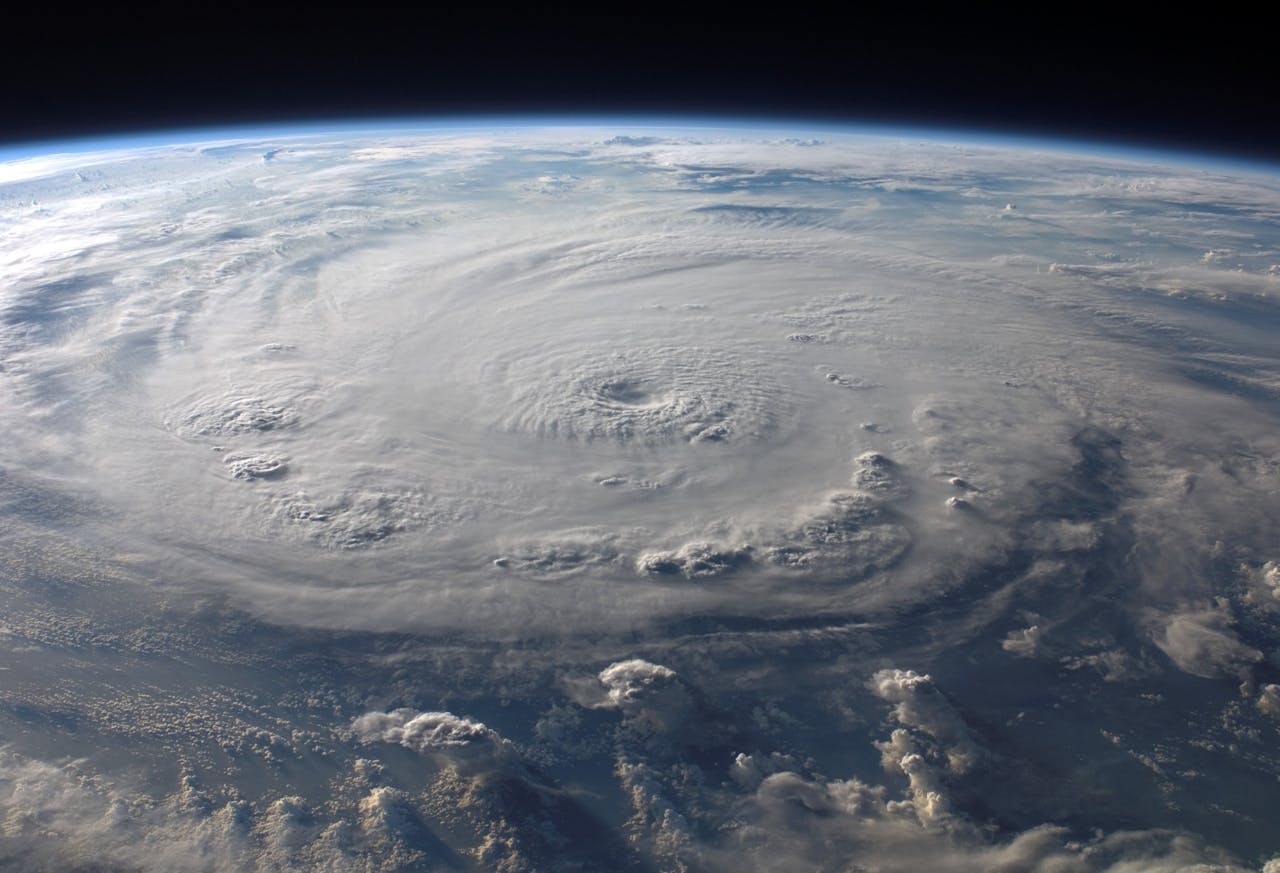The Future of Earth Science: Innovations in Monitoring, Modeling, and Prediction
Earth science is at the forefront of understanding our planet's complex systems and dynamics. As technology advances, so too does our ability to monitor, model, and predict changes in Earth's environment. This article explores the future of Earth science, highlighting innovative technologies and methodologies that promise to revolutionize how we study and respond to planetary changes.


Advancements in Monitoring Technologies
1. Remote Sensing and Satellites:
- High-Resolution Imaging: Satellites equipped with advanced sensors capture detailed images of Earth's surface, atmosphere, and oceans.
- Monitoring Changes: From deforestation and urbanization to sea level rise and glacial retreat, remote sensing provides crucial data for monitoring global environmental changes.
2. Internet of Things (IoT) and Sensor Networks:
- Real-Time Data Collection: IoT devices and sensor networks gather environmental data with precision and in real-time.
- Applications: Monitoring air quality, water pollution levels, and seismic activity enables proactive environmental management and disaster response.
Cutting-Edge Modeling Techniques
1. Climate Modeling and Simulation:
- High-Performance Computing: Supercomputers simulate climate patterns and predict future trends based on complex atmospheric and oceanic models.
- Scenario Analysis: Modeling helps scientists explore various climate change scenarios and assess their impacts on ecosystems, agriculture, and human populations.
2. Machine Learning and Artificial Intelligence (AI):
- Data Analysis: AI algorithms analyze vast datasets, identifying patterns and correlations that enhance our understanding of Earth's systems.
- Predictive Capabilities: AI-powered models improve the accuracy of weather forecasting, natural disaster prediction, and ecological forecasting.
Predictive Analytics and Forecasting
1. Weather and Natural Disasters:
- Early Warning Systems: Improved forecasting models and real-time monitoring mitigate risks from hurricanes, wildfires, floods, and other natural disasters.
- Impact Assessment: Predictive analytics help communities and governments prepare and respond to extreme weather events and climate-related emergencies.
2. Ecological and Biodiversity Monitoring:
- Species Distribution: Models predict shifts in species habitats due to climate change, aiding conservation efforts and ecosystem management.
- Ecosystem Health: Monitoring tools assess the health of marine and terrestrial ecosystems, informing policies for sustainable resource management.
Challenges and Opportunities
1. Data Integration and Interdisciplinary Collaboration:
- Holistic Approach: Integrating data from multiple sources (satellites, sensors, models) requires interdisciplinary collaboration among scientists, policymakers, and technologists.
- Data Accessibility: Open data initiatives and sharing platforms promote transparency and facilitate global cooperation in Earth science research.
2. Ethical Considerations and Policy Implications:
- Environmental Justice: Addressing disparities in environmental impacts and access to scientific resources ensures equitable solutions and policy interventions.
- Policy Alignment: Earth science findings inform international agreements, climate policies, and sustainable development goals, shaping global responses to environmental challenges.


The future of Earth science is marked by innovation and collaboration, driven by advancements in technology and a growing urgency to address planetary challenges. Monitoring, modeling, and predictive capabilities enable scientists to anticipate environmental changes, protect vulnerable ecosystems, and enhance resilience against natural hazards. As we harness the power of data analytics, AI, and remote sensing, Earth science continues to evolve, offering insights that guide sustainable practices and policy decisions for a resilient and thriving planet. Embracing these innovations ensures that we not only understand Earth's systems but also safeguard its future for generations to come.












